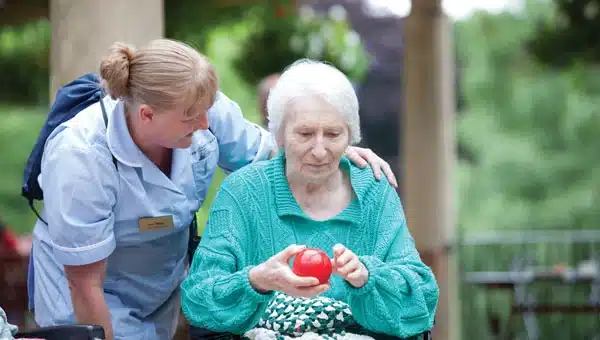Finding and arranging social care

We all need a little help from time to time. A few small changes could be all you need to help you stay at home for longer. But if things are getting harder to manage, you might want to move somewhere with higher levels of support.
Care needs assessment
If you’re finding it hard to manage and think you need social care, getting a care needs assessment from your local council is the first step. The assessment looks at the care services that would help meet your needs, such as home care packages or moving into a care home.
How do I get a care needs assessment?
Get in touch with the adult social services department of your local council and ask for a care needs assessment.
There’s no charge for a care needs assessment and you’re entitled to one regardless of your income, savings or level of need.
A friend or carer can ask for a care needs assessment on your behalf, with your permission. If you lack mental capacity to decide about having a care needs assessment, someone can ask for you to be assessed if they think this is in your best interests
You can ask for a care needs assessment by contacting your local council.
What does the care needs assessment involve?
A social care professional will usually come to see you to find out how you’re managing everyday tasks. You may be offered an assessment online or over the phone – if you feel this isn’t right for you, ask for a face-to-face assessment. They’ll consider:
- your health, and what you can and can’t do, or struggle to do
- your cultural and religious background and support network
- your current living arrangements
- how you’d like to be supported
- information about your needs from your carer, if you want them to be involved in your assessment.
The assessor may also talk to other professionals who care for you, like your GP or nurse, if you’re happy for the council to do so. This is to make sure the council has a complete understanding of your care needs.
Your local council should consider what support you need right now, and what might help in the future.
How long does it take to get a care needs assessment?
Your local council will decide how soon to carry out your care needs assessment based on your individual needs and circumstances. They may decide to prioritise some requests over others, which is why it’s important to give as much detail as you can about your needs and circumstances, especially if you require urgent help.
You can ask the council to explain how soon your assessment will take place. If you feel you’re waiting too long, ask them to explain their decision and make a complaint if needed.
If you have an urgent need for help, for example if there’s a safeguarding issue, the council has the power to put services in place immediately, without waiting to do a care needs assessment.
How can I prepare for the assessment?
The local authority must provide you with accessible information about the assessment process. Wherever possible, this should be provided before the assessment takes place.
It’s also helpful to think about the kind of help you need. Be specific, for example:
- ‘I need someone to help me get up and dressed in the mornings’
- ‘I need help to shower regularly’
- ‘I need to be reminded to take my medication’
Think about your cultural, social, religious and emotional needs too, for example:
- ‘I want to go to my place of worship once a week’
- ‘I want to visit my brother twice a month’
Ask a friend or carer to be with you at your assessment if you can.
The local council must provide you with someone to support you if you can’t speak up for yourself or have difficulty understanding others. This only applies if you don’t have a friend or carer there to help you.
Will I be eligible for help from social services?
Local councils have their own assessment procedures, but they follow national criteria to decide who’s eligible for care and support. In making their decision, they’ll look at whether you’re unable to do, or have difficulty with, daily living tasks (which are called ‘outcomes’), and whether this has a significant impact on your wellbeing.
- Do you have care and support needs as a result of a physical or mental condition?
- Are you unable to achieve two or more outcomes?
- Is there, or is there likely to be, a significant impact on your wellbeing?
The daily living outcomes include things like:
- eating properly
- going to the toilet
- being safe at home
- keeping your home clean and safe
- seeing family and friends
- going to work, volunteering, education or training
- using services in your area.
If your needs meet the criteria above, this is known as having ‘eligible needs’. Your council may have a duty to met your eligible needs if, for example, you’re entitled to help with care costs following the financial assessment (also known as the ‘means test’) to find out whether you’re entitled to help with the cost of the care services and, if so, how much you need to contribute towards the cost.